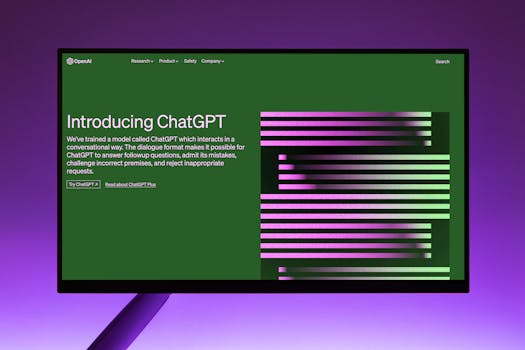
OpenAI's Sora 2, the AI that generates hyper-realistic videos, is facing backlash. A Japanese organization representing Studio Ghibli and other major studios is demanding OpenAI stop training its AI on copyrighted material. This dispute highlights growing concerns about copyright infringement in AI development.
Japan Challenges Sora 2: Copyright Clash with OpenAI?
OpenAI's Sora 2, the AI that generates hyper-realistic videos, is facing backlash. A Japanese organization representing Studio Ghibli and other major studios is demanding OpenAI stop training its AI on copyrighted material. This dispute highlights growing concerns about copyright infringement in AI development.
The Rise of Sora 2 and Copyright Concerns
Sora 2, OpenAI's latest text-to-video AI model, has generated significant buzz for its ability to create incredibly realistic and detailed videos from simple text prompts. However, its capabilities have also sparked concerns about potential copyright infringement, particularly regarding its training data.
CODA's Demand: Stop Using Copyrighted Works
CODA, the Japanese organization representing major animation and video game studios including Studio Ghibli, Toei Animation, Square Enix, and Kadokawa, has sent a letter to OpenAI demanding they cease training Sora 2 on copyrighted content without permission. They are also requesting a response to all claims from their members regarding copyright violations within Sora 2's generated content.
According to IGN, CODA argues that a significant portion of the content produced by Sora 2 closely resembles Japanese content or imagery, suggesting that Japanese works were used as machine learning data. CODA believes that reproducing or similarly producing copyrighted works as output constitutes copyright infringement during the machine learning process.
The Issue of Opt-Out Systems
While OpenAI claims Sora 2 includes an opt-out system for copyright holders, CODA argues that Japanese law requires prior permission for using copyrighted works. They insist that a system of subsequent objections is insufficient to avoid liability for infringements. This highlights a fundamental difference in legal interpretation regarding AI training and copyright law.
What's at Stake? The Future of AI and Copyright
This conflict between CODA and OpenAI raises crucial questions about the future of AI development and copyright protection. It underscores the challenges of balancing innovation with the rights of creators.
Practical Examples of Copyright Concerns
Consider these scenarios:
- Studio Ghibli Style: A user prompts Sora 2 to create a video in the style of Studio Ghibli. The resulting video closely mimics the studio's distinctive art style, characters, and themes. Is this a fair use of the studio's intellectual property, or does it constitute copyright infringement?
- Game Asset Recreation: A user asks Sora 2 to generate a video featuring characters and environments strikingly similar to those in a popular video game. If the video is used commercially, could the game developer sue for copyright infringement?
- Music and Sound Effects: Sora 2 incorporates copyrighted music or sound effects into its generated videos. This is a clear violation of copyright law, but how can OpenAI effectively prevent such occurrences?
Tips for Responsible AI Use
As AI technology advances, it's crucial to use it responsibly and ethically. Here are some tips:
- Be mindful of copyright: Avoid prompts that explicitly request the AI to replicate copyrighted works or styles.
- Check for copyright notices: Be aware of any copyright notices or restrictions associated with the AI-generated content.
- Seek permission: If you intend to use AI-generated content commercially, obtain permission from the copyright holders of any underlying works.
- Promote transparency: Be transparent about the use of AI in creating content.
The Broader Implications
CODA's challenge to OpenAI is not an isolated incident. It reflects a growing global concern about the potential for AI to infringe on intellectual property rights. Similar concerns have been raised by artists, writers, musicians, and other creators.
Hollywood's Perspective
The Screen Actors Guild (SAG-AFTRA) and other Hollywood organizations have also expressed concerns about the use of AI in the entertainment industry. They are working to negotiate agreements with AI developers to protect the rights of actors and other performers.
The Need for Clear Legal Frameworks
The legal frameworks surrounding AI and copyright are still evolving. There is a need for clear and consistent laws that balance the interests of AI developers and copyright holders. This will require ongoing dialogue and collaboration between policymakers, industry stakeholders, and the creative community.
Conclusion: A Turning Point for AI and Copyright
CODA's challenge to OpenAI marks a significant turning point in the debate over AI and copyright. It highlights the urgent need for responsible AI development and clear legal frameworks to protect the rights of creators. As AI technology continues to advance, it's crucial to ensure that innovation does not come at the expense of intellectual property rights.
